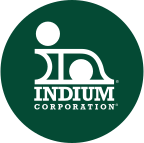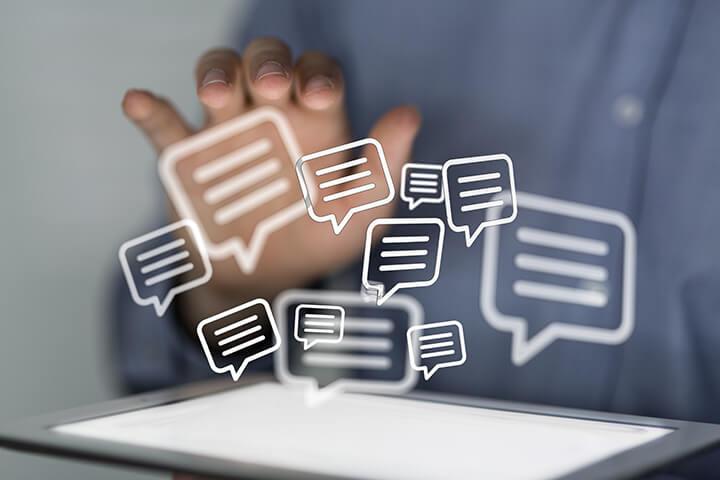Folks,
It's a stressful time when you are interviewing for a job. As a former manager at IBM, Universal Instruments, and Cookson Electronics, I have interviewed more than 300 people for jobs. I've also interviewed for a few myself. As a result of these experiences, years ago some management friends and I collaborated on some of the best job interviewing tips.
Having taught about 3,000 students at Dartmouth over the last 15 years, I typically give a lecture on the last day of class entitled, "Tips for Success and How to Interview for a Job." These Powerpoint® slides have some of the ideas gleaned from what I learned above.
Some years ago I was interviewing for a job and the interviewing manager asked me, “Why should I give you this job?”
I answered without hesitation, “Because I led a team of engineers that contributed to the design and build this optoelectronic transceiver module.”
As I handed the optoelectronic transceiver module to the manager to look at, the non-verbal vibrations I received from him where very positive.
A few weeks after I got the job, he told me that handing him the hardware that I worked on was what sealed the deal.
Most of us recognize that an artist or writer should have a portfolio when they go on job interviews, but don’t appreciate that an engineer should have one too, even if like mine, it had only one item. I share this strategy with my current students and on a regular basis they tell me how this approach led to them getting a job.
Here is an email from a student who graduated more than 10 years ago, relating to a new job she just landed:
“I just wanted to thank you for a job interviewing tip from back when I was in school. You suggested that we bring an example of something that we've worked on. I've done that all these years, and I have to say, I'm pretty sure it's gotten me several job offers! I know at least one of my current employers’ interviewers definitely appreciated it. Anyway, so thank you!”
So, hopefully you have a job you love and never have to interview again, but if you do, take something that you worked on as a “show and tell.” It also helps in that it focuses the interview on something you know about and will look good discussing.
BTW, if you would like a copy of my Powerpoint® presentation mentioned above, send me a note ([email protected]) and I will send you a copy.
Cheers,
Dr. Ron

